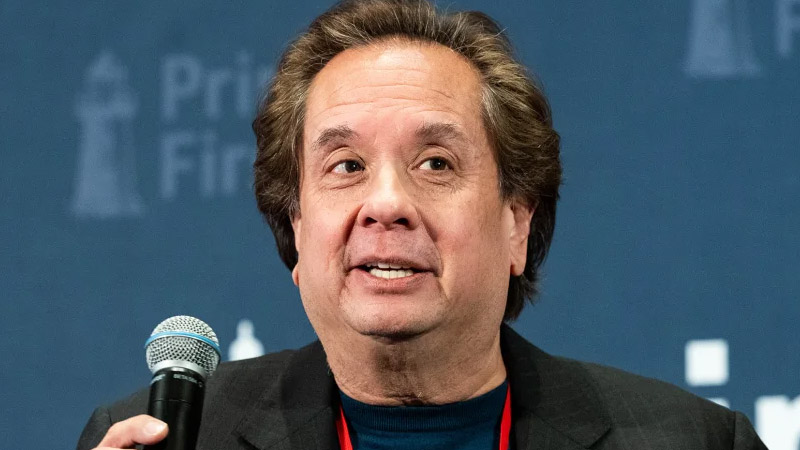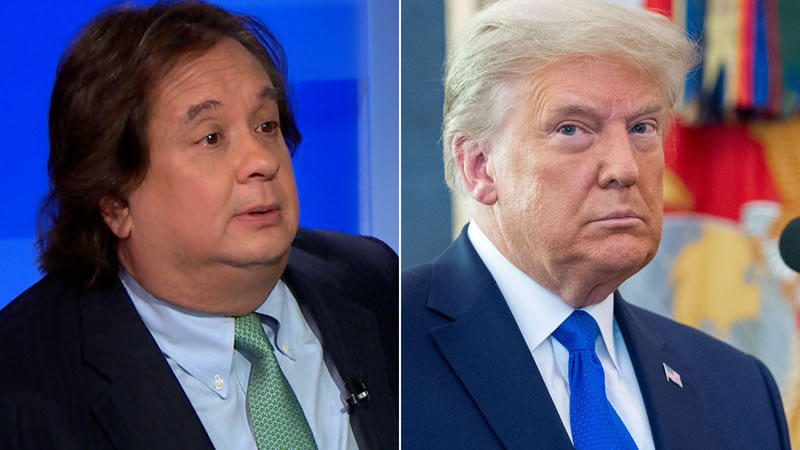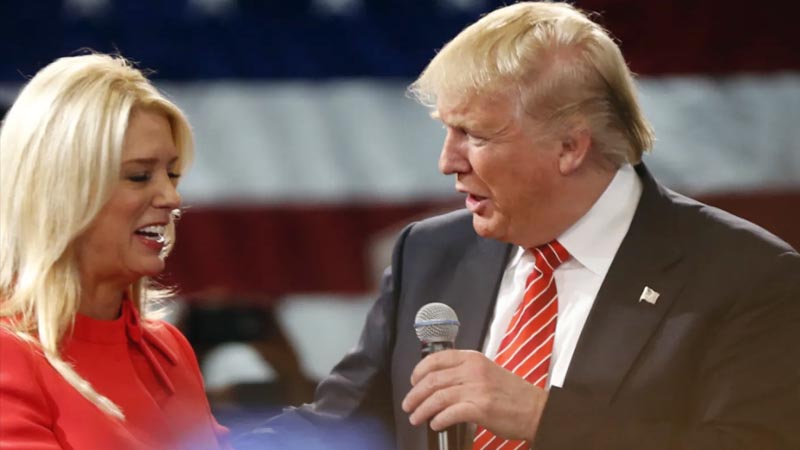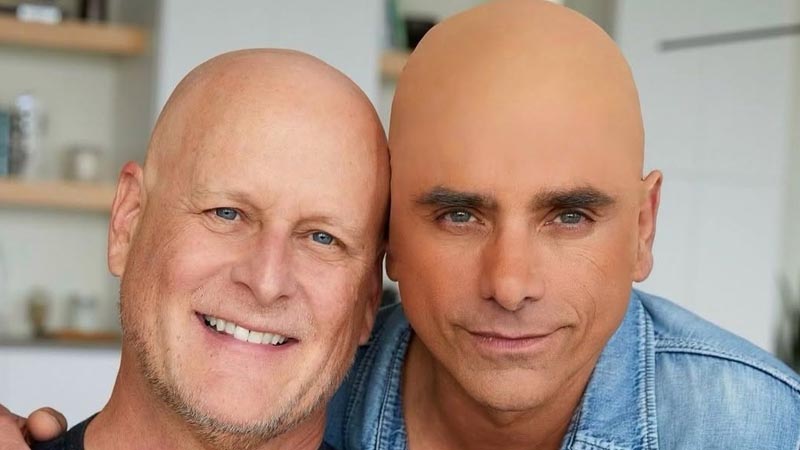“America Has Itself to Blame for What We All Must Suffer Through”: George Conway Reflects on Trump’s Re-Election

Michael Brochstein/Sipa USA
George Conway, a prominent conservative attorney and critic of President-elect Donald Trump, laid out a harsh critique of America’s choice to re-elect Trump, in a piece for The Atlantic. According to Conway, Americans have only themselves to blame for the coming years of turmoil, given the ample warning signs about Trump’s leadership style and agenda.
Conway recalled the 2016 election, when many conservatives, himself included, backed Trump with the belief that the presidency would moderate him and that the office’s checks and balances would prevent any drastic derailment. “Those of us who supported Donald Trump at least had the excuse of not knowing how sociopathy can present itself,” he wrote. “We at least had the conceit of believing that the presidency was not just a man, but an institution greater than the man, with legal and traditional mechanisms to make sure he’d never go off the rails.”
However, Conway argued, the tumultuous years of Trump’s first term shattered that illusion, laying bare “the chaos, the derangement, and the incompetence” of his administration. Reflecting on Trump’s record, Conway asserted that Americans could no longer claim ignorance about the consequences of his leadership. “So there was no excuse this year,” he wrote. “We knew all we needed to know.”
Conway pointed to Trump’s “mendacious raging about Ohioans eating pets, the fantasizing about shooting journalists and arresting political opponents as ‘enemies of the people,’” along with his numerous legal issues and criminal convictions. He suggested that this behavior should have been a clear signal to voters. In Conway’s view, Trump has shown himself to be “a depraved and brazen pathological liar, a shameless con man, a sociopathic criminal, a man who has no moral or social conscience, empathy, or remorse.”

Trump’s lack of respect for the Constitution, Conway argued, paired with “emotional and cognitive deficiencies that seem to be intensifying,” will likely worsen his already controversial conduct. Yet, according to Conway, the American public was not swayed by these warnings. He highlighted Trump’s support for Project 2025, a blueprint many describe as authoritarian; his plans for economically damaging tariffs; and his intention to appoint conspiracy theorists like Robert F. Kennedy Jr. to public health roles as red flags voters chose to ignore.
Conway refrained from making any firm predictions about the future, but he expressed deep concern over the potential consequences of Trump’s second term. “I dare not predict the future again, particularly as it comes to elections and other forms of mass behavior,” he wrote. “But I daresay I fear we shall see a profound degradation in the ability of this nation to govern itself rationally and fairly, with freedom and political equality under the rule of law.”
For Conway, this fear is less of a prediction than a logical conclusion based on Trump’s behavior, his supporters, and his enablers. Conway believes the nation may be on the verge of an era marked by diminishing political equality and respect for the rule of law. He closed his piece with a warning: “Let us brace ourselves,” a somber call to prepare for the challenges that he believes lie ahead.
Conway’s words reflect a cautious outlook as he encourages Americans to brace for potential challenges to democratic principles in the years to come, urging a readiness for what he describes as a potential period of significant national turbulence.


